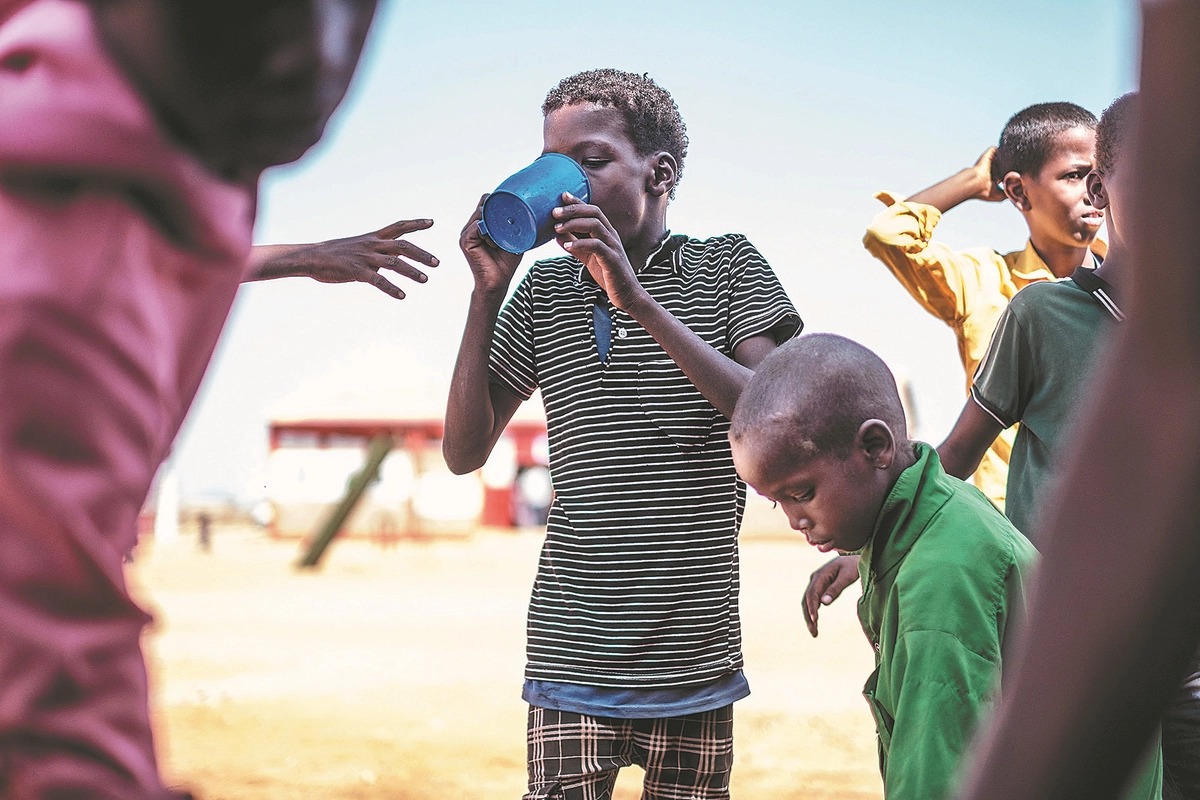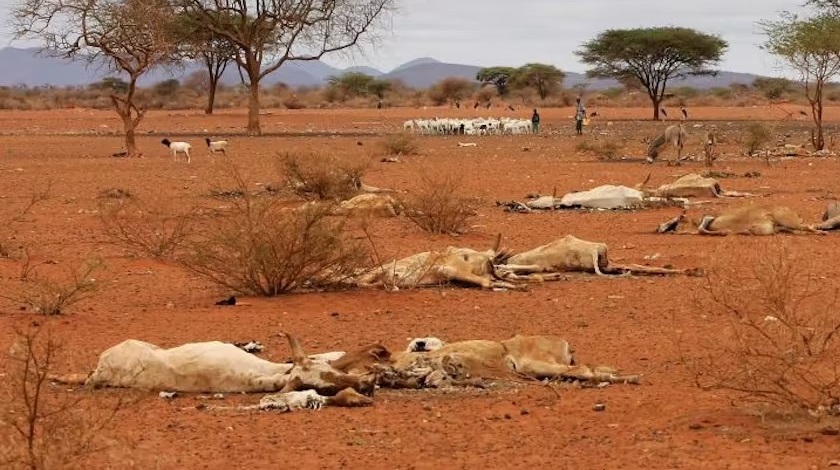Forecasts indicate that the Horn of Africa will have a sixth straight unsuccessful rainy season from March to May, adding to the already dire humanitarian situation brought on by the most protracted and severe drought in recent memory.

More than 8 million people in Kenya, Ethiopia, and Somalia need food assistance, with over 332,000 of them in urgent need and incredible danger, according to the UNHCR.
In order to save the lives of more than 3 million refugees and internally displaced persons in the three countries, the organization appealed for $137 million on Tuesday. It claimed that the displaced communities are battling to survive in an environment of conflict, insecurity, starvation, and limited water sources.
Did you read this?
Prices of essential goods are still at an all-time high and are out of reach for many people, according to Olga Sarrado, a UNHCR spokeswoman. She claimed that the already difficult humanitarian situation is worsening due to the region's catastrophic climatic and war convergence.
Between April and June, the number of people in Somalia experiencing a crisis or worsening acute food insecurity is predicted to rise to almost 6.5 million, including 223,000 likely to experience catastrophic hunger, according to the UN Office for Coordination of Humanitarian Affairs.
According to Magatte Guisse, the humanitarian response actions in Somalia can only get support from the current finances through March.

"I implore donors to continue standing with the Somalian people at this time of unprecedented and severe drought and offer more cash to maintain the lifesaving response beyond March," he said.
According to the UN agency for refugees, 288,000 people are internally displaced within Somalia due to conflict and drought; additionally, more than 180,000 refugees from Somalia and South Sudan have entered regions of Kenya and Ethiopia suffering from lack.
More than 320,000 refugees now reside in Kenya's Dadaab camps, straining the country's already thinly stretched resources, according to the UNHCR.
Abdullahi Ali, a community leader who moved to the camp in the 1990s and helps newcomers integrate, told the UNHCR that while the refugees in Dadaab have faced numerous difficulties, nothing compares to what they currently face.
He claimed that the likelihood of a sixth unsuccessful wet season had diminished his chances of going home.
"I am unable to return to Somalia since there are still difficulties there. There is still a drought. My house, my farm, my animals—everything has been destroyed," he claimed.









